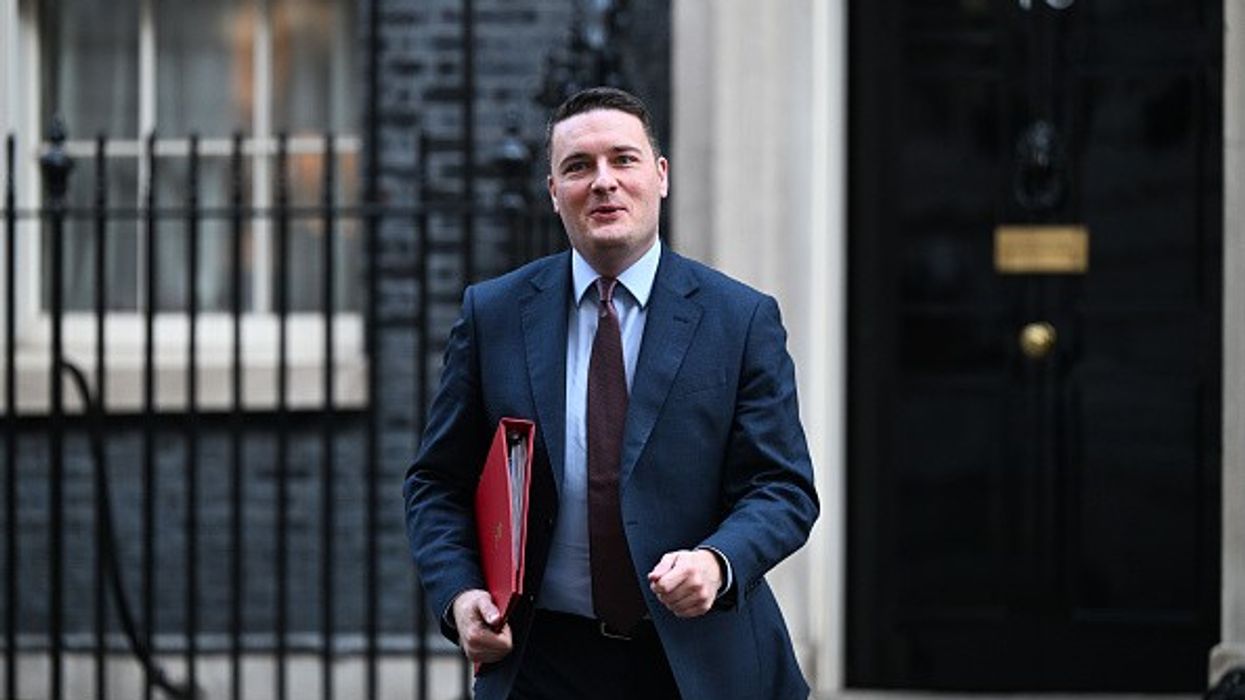NHS England and the Department of Health and Social Care (DHSC) are set for significant downsizing as they strengthen collaboration under the 10-Year Health Plan to build a future-fit health service.
As part of this transformation, the NHSE workforce is expected to be reduced by up to 50% to cut costs and eliminate duplication with DHSC officials.
Confirming the plans on Monday, NHS England stated: “As part of the need to make best possible use of taxpayers’ money to support frontline services, the size of NHS England will be radically reduced and could see the size of the centre decrease by around half.”
In addition, the NHS continues to make changes to its leadership team, with three senior board members now announcing their decision to stand down at the end of March.
They are - Chief Financial Officer Julian Kelly, NHS Chief Operating Officer Emily Lawson and Chief Delivery Officer and National Director for Vaccination and Screening Steve Russell.
NHS England’s outgoing chief executive Amanda Pritchard confirmed the news in a message to all staff stating that “as part of the upcoming changes to the size and function of the centre, the board members have decided that now is the right time to step down.”
She acknowledged their contributions, saying: “It has been a privilege to work alongside Julian, Steve and Emily – they have made a huge contribution to the NHS and the country as a whole and have been an enormous source of support for me personally.
“While now is the right moment for them to move on, I know they will be missed by their colleagues – not only for their professional brilliance, but their commitment to delivering the best for patients.”
A transition team to lead the reshaping
Sir James Mackey, who will assume the role of CEO of NHS England in April, confirmed that a transition team will be established to lead the “radical reduction and reshaping” of the centre.
“We know that today’s news is unsettling for our staff, and we have significant challenges and changes ahead. We aim to have a transition team in place to start on the 1st April 2025 to help lead us through this period,” he said.
Health secretary Wes Streeting highlighted the importance of this critical transformation, stating: “With a stronger relationship between the Department for Health and Social Care and NHS England, we will work together with the speed and urgency needed to meet the scale of the challenge.”
Meanwhile, NHS England chair Richard Meddings, who will step down next month, acknowledged the departure of the three senior leaders as an “enormous loss for NHS England.”
Richard Meddings will be succeeded by Dr Penny Dash, whose four-year term begins on April 1, 2025.
Additionally, Professor Sir Stephen Powis, national medical director of NHS England, is set to step down this summer after more than seven years in the role.
NHS Confederation welcomes the decision
“These changes represent the biggest reshaping of the NHS’s national architecture in more than a decade,” said Matthew Taylor, chief executive of the NHS Confederation.
He noted that while the scale and pace at which these changes are happening were not anticipated, it is necessary to “reduce areas of duplication at a national level and for the NHS to be led by a leaner centre” given the huge savings that the NHS needs to make this year.
“NHS England has already delivered significant savings and helped to deliver improvements in productivity, but national bodies and local NHS leaders know that more is needed this year,” he added.













